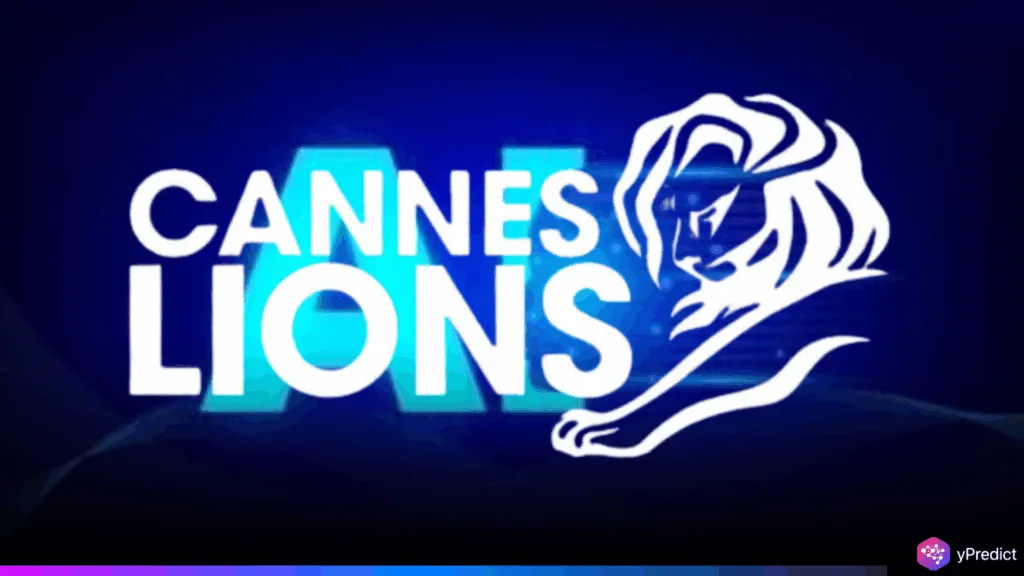
At Cannes Lions 2025, AI reality took center stage, not with innovation hype but with hard truths. Human intuition and creativity should continue to be at the heart of advertising, according to prominent marketers like executives from Apple and AB InBev. Even though AI is still very strong, the industry is advocating for a balance where data supports but does not take over. Moreover, voices across the Palais emphasized that technology should improve the brand experience rather than diminish it. The clear message was that while AI can assist, only humans can connect.
Marketers Shift Gears Toward Human-Led Innovation
For the first time in recent years, the industry faced the reality of AI and got over its naive enthusiasm for it. Marcel Marcondes, Global CMO at AB InBev, promoted innovative marketing that provides real value. His standout example, Michelob Ultra’s Shade Tracker, used AI not as a gimmick but for genuine utility.
Marcondes underlined that brands should create moments in addition to communicating messages. Rather, he cautioned against innovation for its own sake and promoted relevance and utility. His appeal for “blending tech with purpose” struck a chord with other business titans who were trying to change the narrative surrounding the brand experience.
Can AI Deliver the Edge That Emotion Brings?
Tor Myhren of Apple made one of the most forceful arguments against an over-reliance on AI. He argued that the overuse of AI flattens originality and risks sameness in creative output. “Speed cannot replace soul,” he said, reminding creatives that ideas should start with a blank page, not a prompt.
Ad legend John Hegarty echoed this by declaring that “AI creates averages.” He believes that genuine creative marketing thrives on uniqueness, which AI cannot match. Additionally, he maintained that creativity is not a formula but rather rebellion. Campaigns driven purely by logic miss the emotional depth that defines human connection.
Campaigns based on human insight won awards even among AI-enhanced campaigns. The change was evident in the outcomes as well as the speeches. Additionally, marketers expressed worry about AI’s incapacity to create a genuine brand experience. Instead, seamless outputs frequently lacked bite, emotion, or nuance, all of which are required to stand out in today’s competitive market.
AI Reality Evolves Into Creative Co-Pilot Role
Mustafa Suleyman, Microsoft’s AI lead, will talk about AI as a collaborator in one of the most anticipated sessions. The industry is reconsidering roles as AI tools become more integrated into workflows. Furthermore, marketers want to understand how AI functions as a co-pilot rather than the main creator. This new way of thinking embraces efficiency without sacrificing creativity, preserving the essence of humanity.
As brand experience becomes more significant and creative marketing changes, the stakes are higher than ever. Additionally, campaigns must emotionally engage the audience and make effective use of technology. The future resides in preserving relevance without sacrificing meaning by fusing human depth with machine efficiency.
Bottom Line
The 2025 Cannes Lions made it clear that AI reality does not equal AI dominance. Marketers now understand that algorithms alone can’t build loyalty, spark emotion, or move culture. Ideas that are grounded in empathy and relevance and have a human feel are what prevail today.
AI can help create campaigns, but only people can give them a soul. And that is the signal the industry is choosing to follow. Customers’ growing demand for authenticity in all brand interactions is reflected in this shift. In the age of automation, human creativity remains the most significant differentiator.






